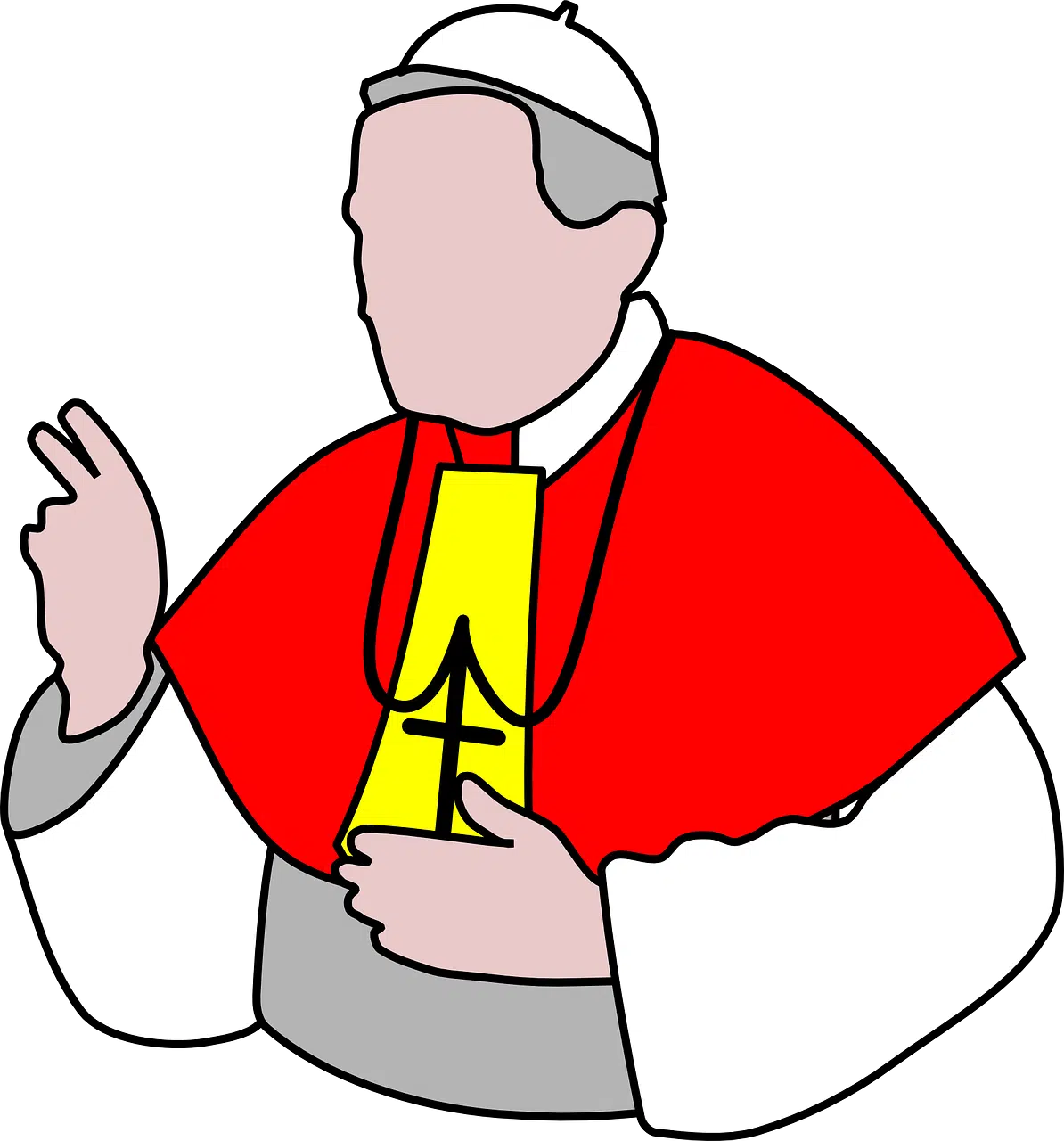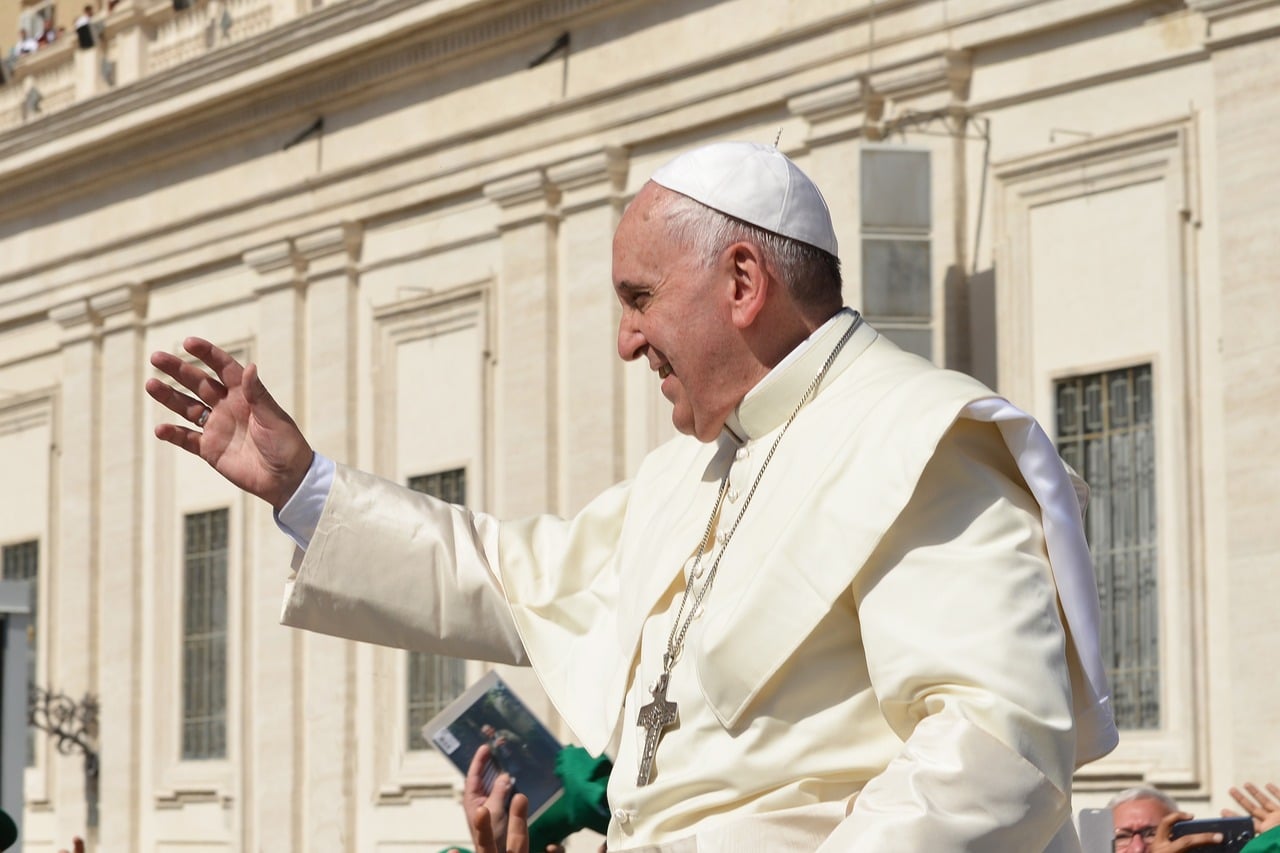
In the Catholic Church, the pontiff is the highest-ranking prelate.
A pontiff is one who serves in a diocese as archbishop or bishop . The term, originating from the Latin pontĭfex , is used par excellence to identify who is considered in the Roman Catholic Church as the religious or prelate with a superior position compared to the rest.
For example: "The Supreme Pontiff will visit the country next year" , "The pontiff's statements generated great controversy in the Arab world" , "The death of the pontiff was followed by millions of people through the media" .
History of the concept of pontiff
The concept began to be used in the times of Ancient Rome , a time in which it was used to indicate the priestly magistrate who was in charge of presiding over and carrying out religious ceremonies and rites. The title of Pontifex Maximus was the most honorable role in Roman religion , only available until 254 BC for patricians, and from then on also for plebeians.
However, we must not forget the fact that in Ancient Rome , over time, the name of pontiff was also given to that person who was part of a higher religious council. Council of Pontiffs was what this meeting was called, which was made up of the aforementioned Pontifex Maximus , the flamines (priests who are in charge of the cults carried out in honor of the fifteen established gods), the vestals who were the priestesses and the Rex Sacrorum .
The etymology of pontifex and pontiff comes from two words: pons (translated into Spanish as “bridge” ) and facere (understood as “to make” ). The pontiff, therefore, is the one who makes or establishes bridges . It is likely that the expression refers in a symbolic sense to the bridge between divinity and men, although it could also have been used in a literal sense since the bridge builder was a very important figure in Ancient Rome , when crossing the sacred Tiber River.
Over time, Roman emperors began to assume the office of Maximus Pontiff, combining politics and religion . After the acceptance of Christianity as a licit religion by the Romans (in the 4th century), the title became anachronistic. Emperor Gratian the Younger ( 359 – 383 ) renounced the position that was then in the hands of the Patriarch of Rome : the pope , whom we know today as supreme pontiff.

Francis has been the supreme pontiff since 2013.
The Pope
Thus, taking this meaning and expression into account, we find that currently when we refer to the Supreme Pontiff we are referring to the Pope. As the visible head of the Catholic Church and as sovereign of the state of Vatican City, this figure is also known and is now represented in the person of Francis .
Jorge Mario Bergoglio is the real name of the current Pope of Rome , who was elected in March 2013 by the established conclave and who has since served as a substitute for Benedict XVI .
Francisco was the pontifical name that he adopted to assume his new position and he did so as a way of paying tribute and admiration to Saint Francis of Assisi , whom he venerated, as he has stated on numerous occasions, for his humility and his dedicated life of sacrifice. to the poorest.
